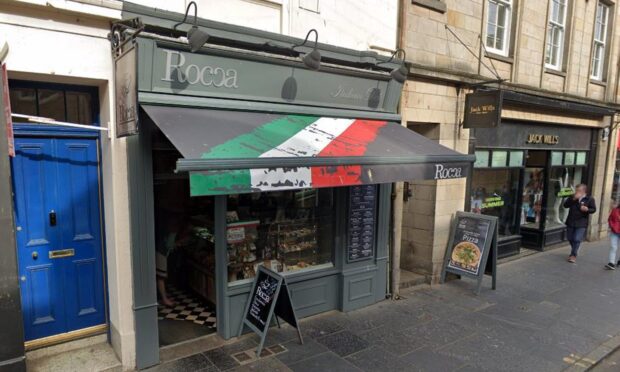It’s about to kick off again and this year it will give the UK’s retail industry the greatest test of nerve it has probably ever faced.
I’m talking about Black Friday, the annual 24-hours of shopping madness that arrived from the United States in 2013 and which this year will fall on November 25.
Last year it accounted for £1 billion in sales on the day with £3.3bn spent over that weekend.
Shops slash prices, sometimes to to crazy levels, supposedly to stimulate their Christmas trade – creating hysteria on the shop floor.
Black Friday maybe bolstered some retailers’ takings but disgraceful scenes of customers swapping punches over dwindling stocks of things like cheap televisions linger in the memory.
With online trading, the event has triggered convulsions in cyberspace, although it’s better that keyboards rather than shoppers are punched senseless.
Online traders are limbering up for next Friday, with major retailer Amazon offering early lightening deals every day to the huge shopping event. Others are following suit.
This year Amazon is running its sale over 12 days rather than the five of last year, and the number of orders is anticipated to rise by as much as 25% to 9.5 million.
The UK’s retail landscape is much changed, with our bricks-and-mortar department stores struggling to maintain profits to stay in business.
British Home Stores has gone and Marks & Spencer is preparing to shut 60 of its clothing and home stores to stem a serious plunge in its profits.
One of these may be Murraygate in Dundee, according to a retail analyst who has drawn up a hit-list that M&S has disputed.
John Lewis and Asda are angry that the heavy discounting drains profits just when trade is improving and goods should be sold at full price
Profit margins are under greater pressure than ever, and many UK traders fear Black Friday will worsen their plight.
The event follows Brexit, which has dealt them a heavy blow with the weaker pound adding to the cost of their imported goods.
The fundamental problem with Black Friday for UK retailers is its American purpose.
Not only does it not suit retailing in this side of the Atlantic – it works completely against it.
In the States, Black Friday falls the day after Thanksgiving Day which is like our Boxing Day.
Over there it’s the day when shops from the Carolinas to California slash their prices to pull in shoppers for the holiday season.
In the UK, we already have our Boxing Day sales, and Black Friday comes a month too early.
It may have been tolerable for our traders when it arrived but is terrible for them now that their profits are being pummelled.
They’re faced with a Hobson’s Choice of some sales income being better than none if their non-participation is only going to send shoppers to their rivals.
UK traders who are struggling will be monitoring their profit levels like their lives – or livelihoods – depend on it.
Sadly that may well be the real cost.










